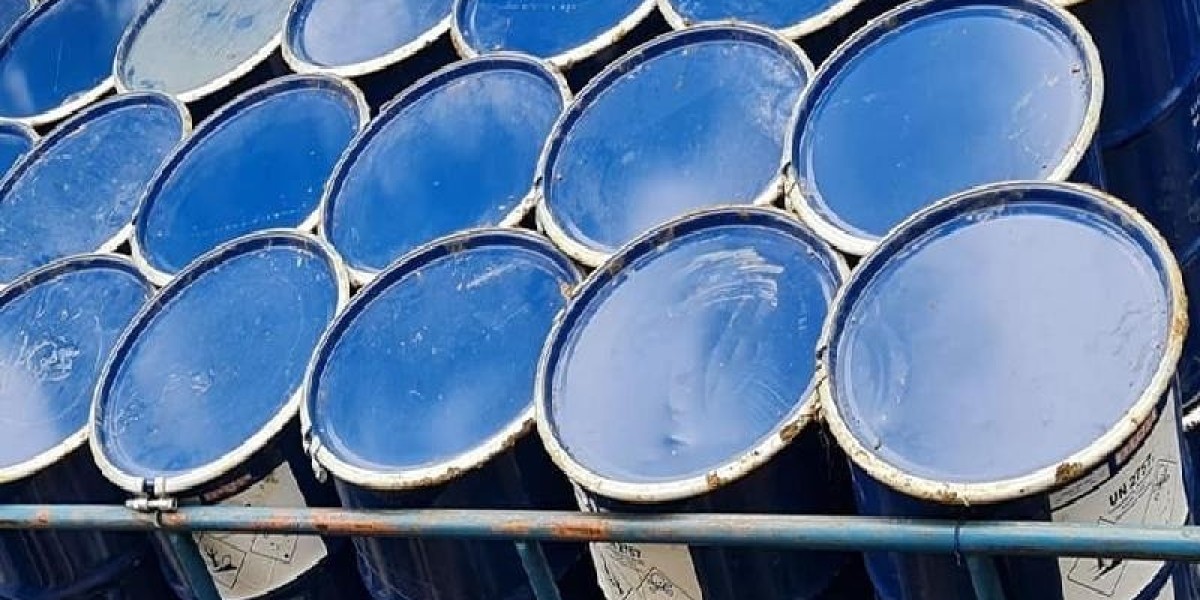When you fill up your car at the gas station, you may be thinking about ethanol and gasoline, what's the difference between the fuel they call ethanol and regular gasoline? Which one fits my car better? Should I choose one over the other? Is my car using the wrong oil? Often, the choice is determined by price, availability, and the goodwill of the manufacturer. Don't let bad choices stop you from improving your car's performance and fuel efficiency. Let's take a look at which ethanol or gasoline is better for your car.
What is ethanol fuel?
Ethanol fuel is ethanol used in alcoholic beverages. Ethanol fuel is a kind of biofuel. In gasoline engines, it is used in the form of an additive or as the main fuel.
Biomass from agricultural products such as corn, sugar cane, potatoes, hemp (bhang) is produced as a common by-product of ethanol. The two largest ethanol producers in the world are the United States of America (62.2%) and Brazil (25%).
Benefits and concerns of ethanol (ethanol msds)
Ethanol is a renewable, locally produced transportation fuel. Ethanol helps reduce emissions, whether it is used in low level blends such as E10 (10% ethanol and 90% gasoline) and E15 (15% ethanol) or E85 (flex fuel) (gasoline-ethanol blends of 83% ethanol). As with other alternative fuels, there are some problems with the use of ethanol.
Fuel economy and performance
The difference in the impact on fuel economy depends on the difference in energy in the mixture used. For example, E85, with 83% ethanol, has 27% less energy per gallon than gasoline. The impact on fuel economy decreases as the ethanol content decreases. The engine of the petrol car is optimised for petrol together with FFV (Flexible Fuel Vehicle). If optimized for higher ethanol blends, fuel economy may improve due to increased engine efficiency. Ethanol has a higher octane rating than gasoline, so it provides higher power and performance.
 " class="wow_main_float_head_img">
" class="wow_main_float_head_img">






